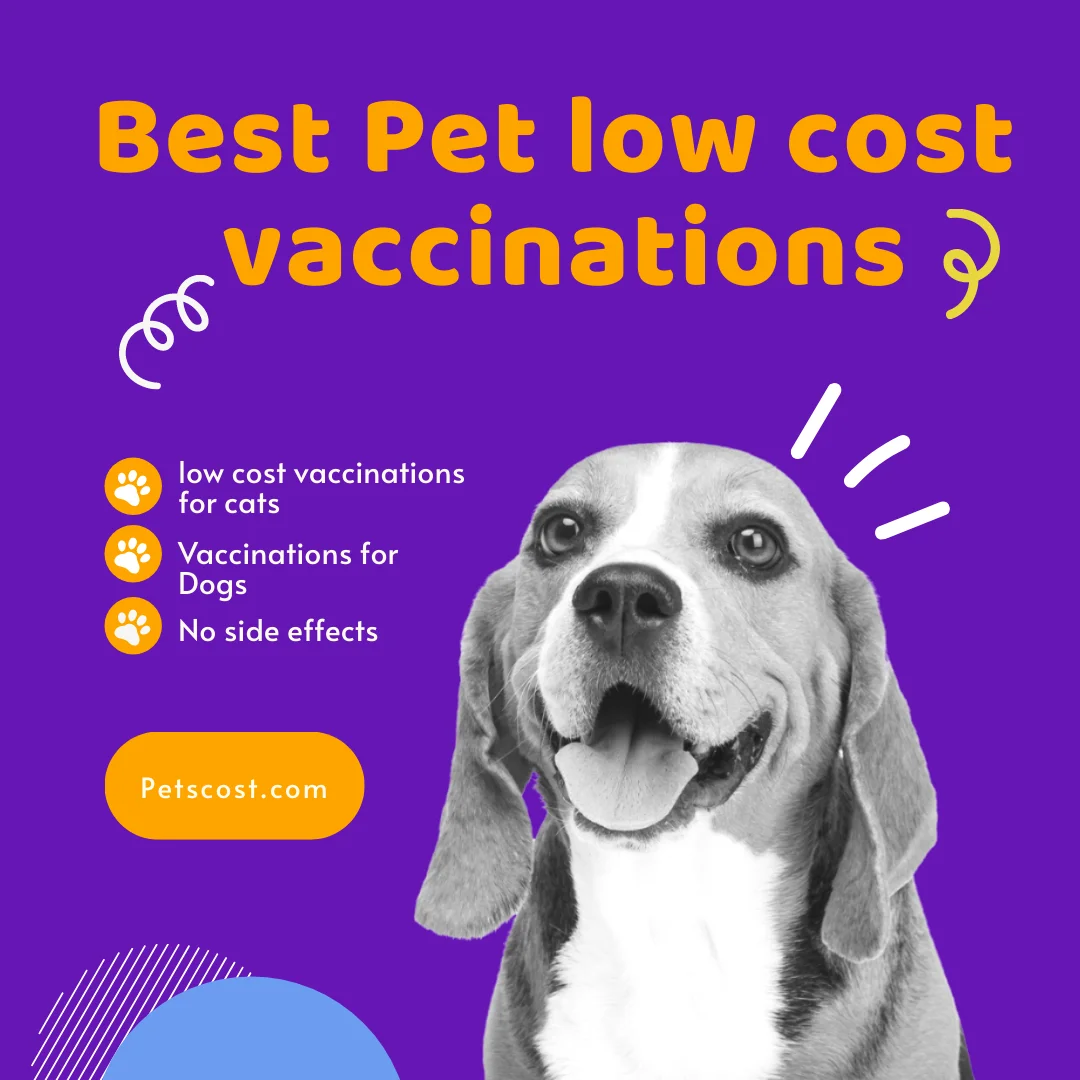It can be frightening when your pet has a medical emergency or problem, and your veterinary office is closed. It may be a weekend, a holiday, or an off-peak time. Many pet owners are curious about the best time to contact the emergency vet hotline. You don’t want to get them too soon and annoy them, but you also don’t want to wait too long. The following advice might help you determine when to contact them.
Let’s define an emergency first. As an emergency vet, I tell my clients that anything about their pet that makes them worried is an emergency. You are the expert on your cat and dog. Then you can sense when something is off. You can call them if you face any problems. I like pet owners to call and inquire. I can ease their worries over the phone. Or I can treat the animal’s illness faster and more effectively, which might even save its life.
Point to keep in mind while choosing pet care consultant
You are looking for 24-Hour Emergency Care for Your Pet consult your veterinarian about an emergency plan of action. Does your veterinarian offer round-the-clock assistance and vaccination services or collaborate with a nearby urgent care facility?
Some practices employ many veterinarians who alternate after-hours on-call duties. Find out whether your primary veterinarian has partners to respond to an emergency call. Additionally, it’s a good idea to keep your local emergency clinic’s name, phone number, and address written on the refrigerator or saved in your mobile phone for quick access.
How to Tell If Your Pet Needs Emergency Vet Care
Your dog may need emergency care because he or she is choking, has heatstroke, was bitten by an insect, was poisoned at home, or is in some other life-threatening situation. Here are a few indicators that someone needs emergency care:
1. If your dog has respiratory issues
The gums on your dog should be pink. They may be blue, red, or gray if there is an issue with blood flow, oxygenation, or internal bleeding. Dogs do pant, but too much panting or coughing up pink, foamy saliva are both bad.

2. If your dog consistently throws up or has diarrhea
Dogs can sometimes vomit or have diarrhea, but if it happens more than once or there is blood, the dog needs to be seen by an emergency vet or treated right away. These signs of poisoning or intestinal obstruction might be present. Additionally, dehydration can occur quickly due to frequent vomiting and diarrhea.
Get in touch with ASPCA Poison Control if you have any inquiries regarding harmful drugs and how they affect canines. Medications (prescription and over-the-counter, or OTC), dark chocolate, grapes, and raisins, along with various other foods used by humans, cleaning supplies, insecticides, rodenticides, and gardening supplies, are some examples of common poisons.
3. If your dog has an enlarged or swollen abdomen
Dogs with “bloat,” or gastric dilatation and volvulus (GDV), may experience significant health issues. Gas buildup can occasionally cause the stomach to spin or twist. Large arteries and veins are then compressed by the stomach, reducing blood flow. This has the potential to become fatal very quickly. In addition to having a bloated belly, a dog may also show indications of restlessness and excessive panting. Any signs of bloat should be taken seriously, so take your dog to the emergency vet immediately.
4. If your dog has ever endured the trauma of any kind
Even if your dog seems unhurt, trauma necessitates a medical evaluation. Trauma can result from any catastrophe, including falls from heights, car accidents, animal attacks, and other mishaps. A dog could survive such an incident with wounds, fractured bones, internal damage, blood loss, shock, and other problems. Get help right away.
5. If your dog has ingested a foreign object of any kind
Dogs are known for eating various foods, which puts them at risk for intestinal obstruction. Look for signs like vomiting, sluggishness, and weight loss if you think your dog may have consumed a foreign item. Get him to an emergency veterinarian, then.
6. If your dog exhibits seizure activity
Any occurrences of this abnormal brain activity should be reported to a medical practitioner, as seizures in dogs can be brought on by encephalitis, brain cancer, liver illness, renal disease, electrolyte issues, head injury, and brain cancer.
7. If your dog has a hard time going potty
Indications of a urinary tract infection or something more serious include your dog straining to pee. Stones or crystals in the bladder, inflammation, trauma, prostate illness, cancer, or even stress can make it difficult to urinate. Issues with urination shouldn’t be ignored. Visit the emergency vet with your dog right away.
8. If your dog isn’t consuming any food or water
It’s necessary to call a veterinarian if your dog goes a whole day without drinking or eating. The symptoms might lead to behavioral difficulties or food pickiness, but they could also be signs of stress, systemic ailments, infections, dental disorders, or behavioral issues.
How do locate nearby emergency vet care, such as a veterinarian,
Ask a professional at your routine vet visits if the facility provides round-the-clock emergency treatment; if not, get a referral. Always keep a canine first aid kit available, and keep the contact information for your veterinarian’s office and the emergency facility in your phone or wallet and a prominent place in your house. Make a test drive if the emergency clinic is in an unfamiliar location so that you will be reassured about directions in an emergency.
Planning is a beautiful thing, but accidents sometimes occur. If your German shepherd dog or any other dog has an accident, Google “24-hour vet near me” or “emergency vet near me” and enable a location-based search to get the most relevant results.
Be ready.
Rushing around to get information is the last thing you want to do in a crisis. Spend some time in advance taking down the following details:
• The contact information for your veterinarian
•Aaddress and phone number of the nearest veterinary emergency hospital
• Call to the ASPCA’s Animal guide about Poison Control on 888-426-4435.
Consider putting together a simple pet first aid kit. This should contain a leash or carrier, bandages to stop bleeding, and a muzzle if your animal is in agony and tries to bite.
Conclusion
Finally, think about how you would pay for treating your pet in case of an emergency. Pet emergencies can be expensive, and payment is usually expected during care. Even though you probably hope you never have an emergency, it’s crucial to be prepared just in case. We can assist you in your search for the finest coverage with our five items to watch out for.
With a credit card with enough credit, pet insurance, and an emergency fund for animals, it might be possible to pay for urgent care. Consider these alternatives in advance to be ready if and when an emergency occurs. Finding out how to purchase inexpensive pet insurance could also be beneficial.





